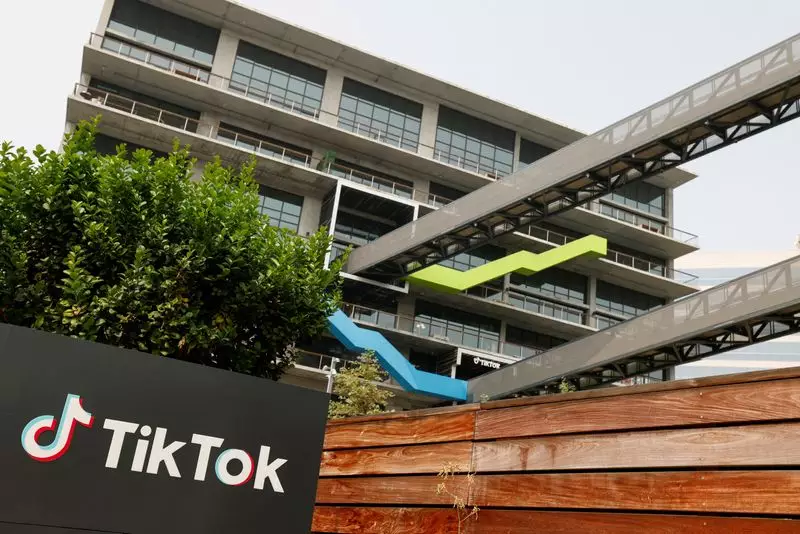In a surprising twist during his presidential campaign, President-elect Donald Trump voiced support for the continuation of TikTok’s operations in the United States. Speaking to a assembly of conservative followers in Phoenix, Arizona, Trump emphasized the significant engagement he experienced on the platform, claiming to have garnered billions of views. This statement serves as a critical insight into Trump’s perspective on TikTok, contrary to earlier indications of an impending ban driven by national security fears. His acknowledgment of the app’s potential indicates a shift that could have substantial implications for both TikTok and the broader tech landscape.
The U.S. Senate unanimously passed legislation in April that mandated ByteDance, TikTok’s parent company, to divest its interests in the app. This law stemmed from escalating concerns regarding the app’s ties to China, which many lawmakers believe could compromise American security. However, TikTok has actively contested this legislation, with its legal battles reaching the U.S. Supreme Court, which agreed to review the case. Should the court lean against TikTok and the required divestment fails to materialize, the platform faces the real risk of being prohibited in the U.S. by January 19, mere hours before Trump’s inauguration. This scenario raises questions about the new administration’s strategy for resolving the issue of TikTok’s ownership and governance.
Cultural Impact and Economic Considerations
Trump’s favorable remarks about the app may also reflect a broader understanding of TikTok’s cultural relevance and economic potential in the American digital landscape. His campaign’s successful outreach on the platform highlights the immense power social media has in shaping political narratives and mobilizing voters. With billions of engagement metrics showcasing TikTok’s influence, a ban could have unforeseen repercussions, alienating users and potentially inciting backlash from a demographic that has come to rely on the platform for expression and connection.
A Complex Relationship with National Security
Despite Trump’s positive comments, the U.S. Justice Department remains resolute in its position regarding national security concerns associated with TikTok’s Chinese ownership. The agency argues that the app could serve as a conduit for foreign influence and data risks, a sentiment echoed by numerous lawmakers. TikTok, however, has countered these assertions by emphasizing its commitment to U.S. data storage and local content moderation, aiming to dispel fears surrounding its operational transparency.
As the political landscape continues to unfold, the trajectory for TikTok remains uncertain. Trump’s seeming affinity for the platform does not diminish the regulatory hurdles it faces. Moving forward, it will be essential for both TikTok and the new administration to navigate the delicate balance between embracing technological innovation and addressing legitimate national security concerns. The outcome of ongoing legal disputes and the approach adopted by the Trump administration will likely define the future of TikTok in the U.S. and influence how social media operates in a geopolitical context.

